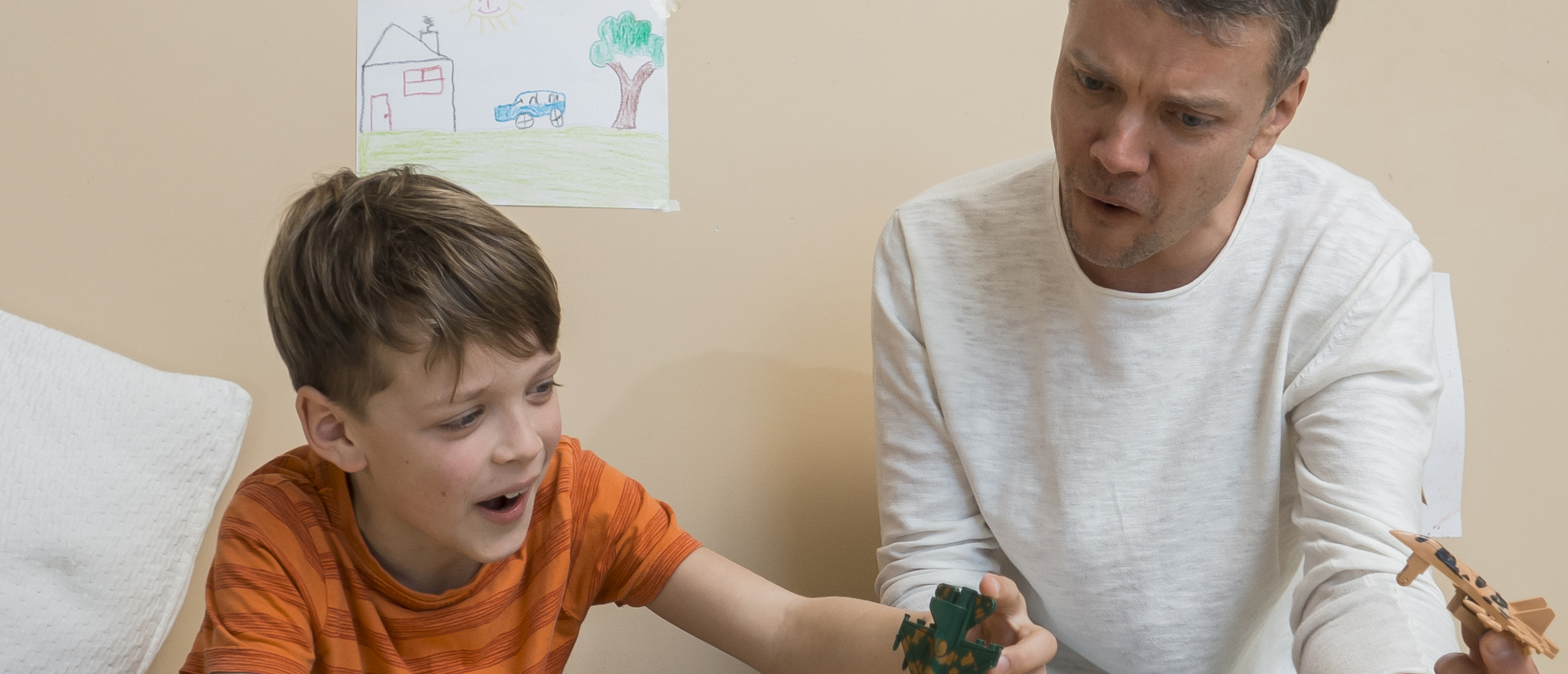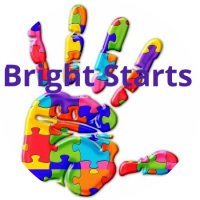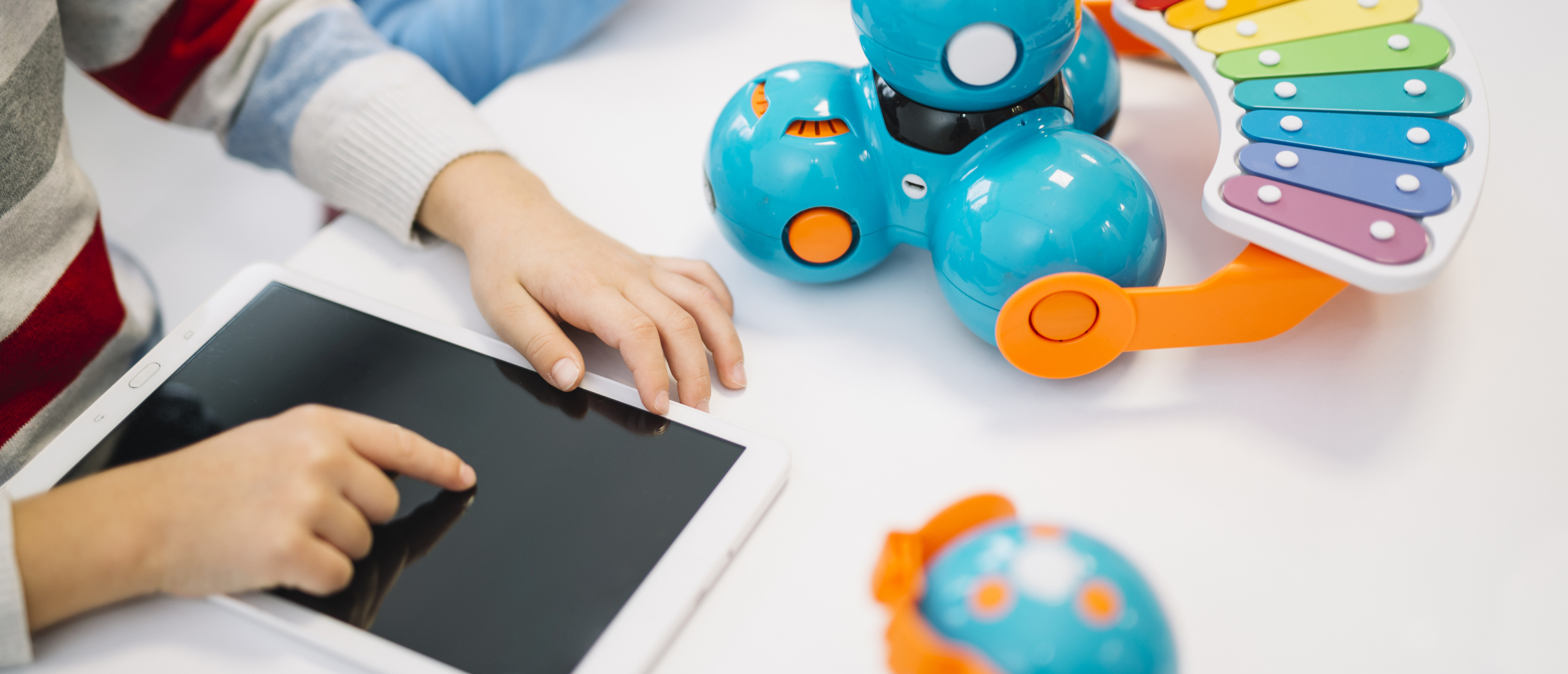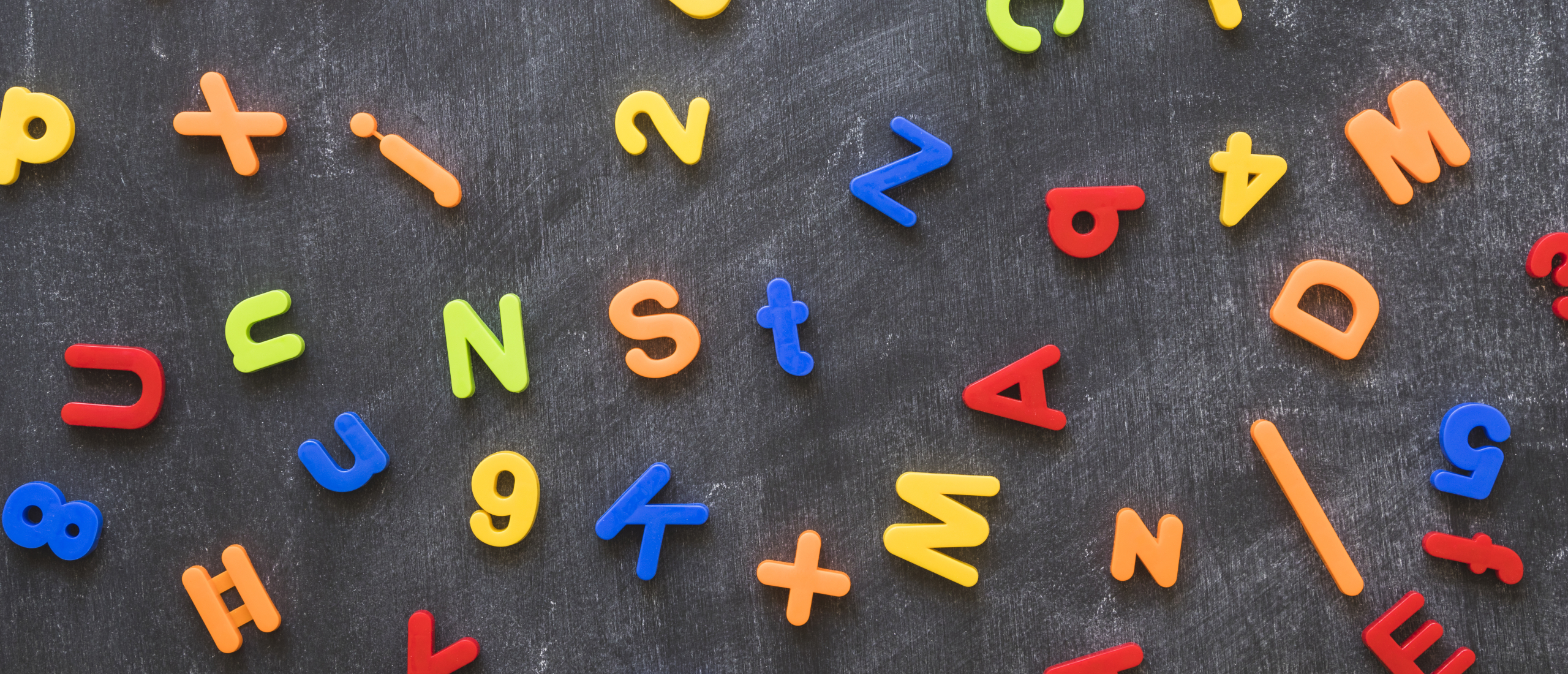
How to reach out and communicate with kids on the spectrum.
The tone we use can make a big difference in how people receive what we say. This is especially important when dealing with autistic kids since tone can have a bigger effect than the actual words. Understanding how to talk to autistic kids is not just a skill, it is an art.
The Significance of Tone in Communication
The tone of voice conveys emotions, intentions, and nuances of meaning that words alone may not fully express. For autistic children who may experience challenges in processing verbal cues, tone becomes a crucial component of communication. If you are supportive, calm, and clear, they will feel more at ease and understand what you are saying.
Navigating the Nuances of Tone
1. Autistic kids usually do well with routines and predictability, even with talking. Using a consistent tone when giving instructions, for example, helps create a predictable environment where the child knows what to expect, reducing anxiety and confusion.
2. Keep it simple: Being clear helps people understand. Autistic children might take words at face value, so ensuring your tone matches your message is key to avoiding misunderstandings.
3. Emotional Regulation: The tone of voice can be a powerful tool in modeling emotional regulation. Speaking in a calm and controlled manner, even in challenging situations, can show children how to manage and express their emotions appropriately.
4. Positive Reinforcement: Encouragement goes a long way. Using a positive and affirming tone when praising achievements, no matter how small, can boost confidence and reinforce desired behaviors.
Strategies for Tone Adaptation
- Try this exercise to become more self-aware: record your conversations and think about how you sound. Do you sometimes speak in a way that people could get the wrong idea? Knowing yourself can help you choose your tone more consciously.
- Feedback Loops: See if you can establish a feedback system with the child or with caregivers and therapists. This can help you see how your tone affects the kid and adjust accordingly.
- Play-act with peers or professionals to get better at adjusting your tone in different scenarios. It’s great to get ready for situations where we might need to switch up how we talk, like going from playtime to something more organized.
The Impact of a Mindful Tone
Finding the right tone does not mean hiding your feelings or holding back. Being mindful when talking to autistic kids can help them feel seen, heard, and valued. It can turn everyday interactions into opportunities for growth, learning, and connection.
Conclusion
Don’t underestimate the impact of tone when communicating with autistic children. When we get better at understanding how we talk and change our style for these kids, we can build a connection based on respect. Speaking in a nice tone helps us understand each other better and connect on a deeper level.











